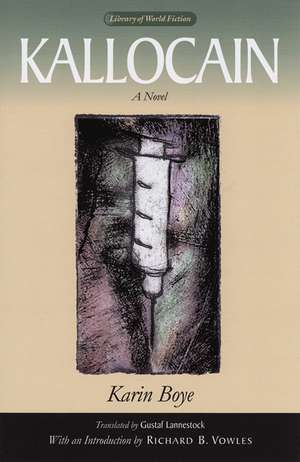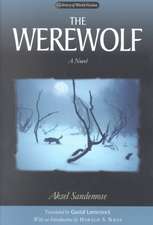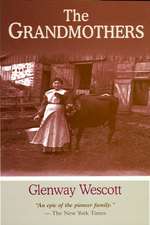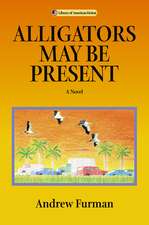Kallocain: Library of World Fiction
Autor Karin Boye Traducere de Gustaf Lannestock Introducere de Richard B. Vowlesen Limba Engleză Paperback – apr 2002
This classic Swedish novel envisioned a future of drab terror. Seen through the eyes of idealistic scientist Leo Kall, Kallocain’s depiction of a totalitarian world state is a montage of what novelist Karin Boye had seen or sensed in 1930s Russia and Germany. Its central idea grew from the rumors of truth drugs that ensured the subservience of every citizen to the state.
| Toate formatele și edițiile | Preț | Express |
|---|---|---|
| Paperback (2) | 45.84 lei 24-35 zile | +13.84 lei 7-11 zile |
| Penguin Books – 5 iun 2023 | 45.84 lei 24-35 zile | +13.84 lei 7-11 zile |
| University of Wisconsin Press – apr 2002 | 138.61 lei 3-5 săpt. |
Preț: 138.61 lei
Nou
Puncte Express: 208
Preț estimativ în valută:
26.52€ • 27.69$ • 21.90£
26.52€ • 27.69$ • 21.90£
Carte disponibilă
Livrare economică 25 martie-08 aprilie
Preluare comenzi: 021 569.72.76
Specificații
ISBN-13: 9780299038946
ISBN-10: 0299038947
Pagini: 224
Dimensiuni: 152 x 229 x 15 mm
Greutate: 0.27 kg
Ediția:1
Editura: University of Wisconsin Press
Colecția University of Wisconsin Press
Seria Library of World Fiction
ISBN-10: 0299038947
Pagini: 224
Dimensiuni: 152 x 229 x 15 mm
Greutate: 0.27 kg
Ediția:1
Editura: University of Wisconsin Press
Colecția University of Wisconsin Press
Seria Library of World Fiction
Recenzii
"A fascinating novel of the 1984 and Brave New World genre."—Library Journal
"Despite the robot-like characteristics of the fellow-soldiers in Boye’s nightmare city, she expresses her poetic genius in the use of symbols and imagery."—Signe A. Rooth, Scandinavian Studies
Notă biografică
Karin Boye (1900–1941) was a Swedish poet and novelist whose suicide in 1941 amid the shambles of a war-racked Europe reflects the fate of a whole generation of writers. Her first novel, Astarte, appeared in 1931.
Descriere
This classic Swedish novel envisioned a future of drab terror. Seen through the eyes of idealistic scientist Leo Kall, Kallocain’s depiction of a totalitarian world state is a montage of what novelist Karin Boye had seen or sensed in 1930s Russia and Germany. Its central idea grew from the rumors of truth drugs that ensured the subservience of every citizen to the state.



















